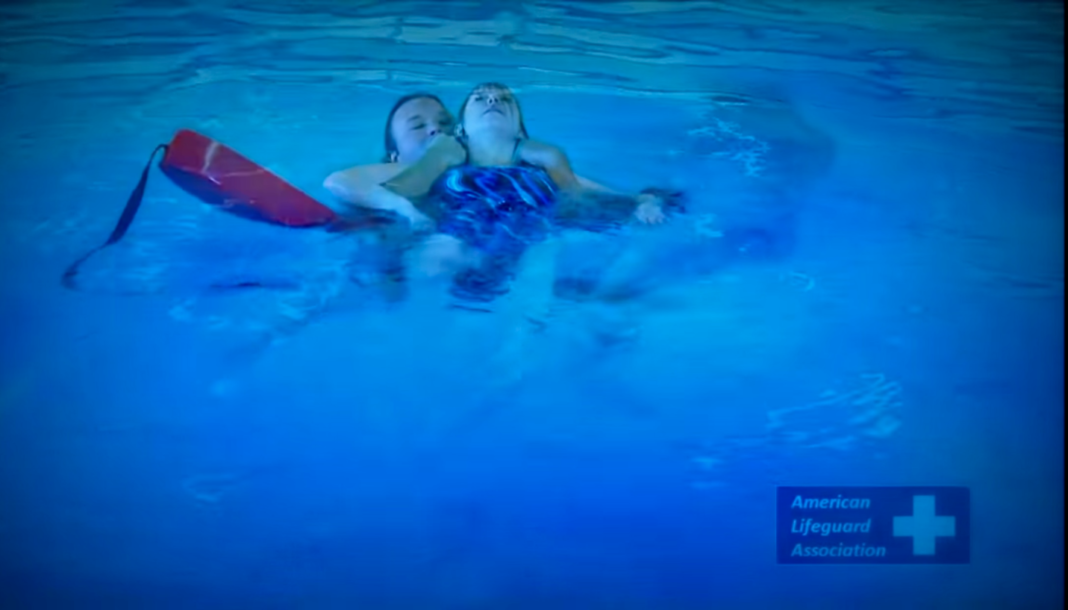In an era where digital learning has transformed education, lifeguard certification online represents a significant advancement in the field of aquatic safety training. Combining the convenience of online education with essential hands-on practice, this approach provides a comprehensive pathway to becoming a certified lifeguard. This article explores the key aspects of online lifeguard certification, including its benefits, process, and impact on water safety.
What is Lifeguard Certification Online?
Lifeguard certification online is a hybrid training program that integrates online coursework with in-person practical training. This method allows individuals to complete the theoretical components of their lifeguard certification remotely, while still ensuring they receive hands-on experience in a physical setting. The course typically includes:
- Online Theoretical Modules: Participants complete coursework online, covering essential topics such as water safety principles, emergency response procedures, rescue techniques, CPR (Cardiopulmonary Resuscitation), and first aid. This part of the training is designed to provide a solid understanding of lifeguard responsibilities and protocols.
- In-Person Practical Training: After finishing the online modules, participants attend in-person sessions to practice and demonstrate their skills. These sessions are conducted at a local pool or aquatic facility and focus on applying the theoretical knowledge in real-world scenarios.
- Assessment and Certification: The certification process involves passing a written exam (often completed online) and a practical skills test during the in-person training. Successful candidates receive a lifeguard certification, typically valid for two years.
Benefits of Lifeguard Certification Online
1. Increased Accessibility
One of the primary advantages of lifeguard certification online is increased accessibility. Traditional in-person courses may not be available in all areas, particularly in remote or rural locations. Online certification allows individuals to access training from anywhere with an internet connection, expanding opportunities for those who may otherwise have limited access.
2. Flexible Learning Schedule
Online courses offer significant flexibility, enabling participants to study at their own pace and on their own schedule. This flexibility is especially beneficial for individuals with busy work or school commitments, allowing them to balance their training with other responsibilities.
3. Comprehensive Theoretical Knowledge
Theoretical knowledge is crucial for effective lifeguarding. Online certification programs provide detailed instruction on key topics such as safety protocols, emergency response, and rescue techniques. Interactive modules, videos, and quizzes enhance the learning experience, ensuring participants gain a thorough understanding of lifeguard principles.
4. Cost-Effectiveness
Online certification often reduces costs associated with traditional training, such as travel expenses and accommodation. This cost-effectiveness makes lifeguard certification more affordable for a broader audience, encouraging more individuals to pursue certification and contribute to water safety.
5. Streamlined Certification Process
The combination of online and in-person training streamlines the certification process. Participants complete the theoretical portion online, allowing them to focus on mastering practical skills during in-person sessions. This blended approach makes the process more efficient and manageable.
6. Continuous Learning Opportunities
Online platforms provide ongoing access to course materials and updates, supporting continuous learning and skill reinforcement. Lifeguards can revisit content, stay current with the latest practices, and refresh their knowledge as needed, ensuring they remain well-prepared for their responsibilities.
7. Enhanced Engagement
Interactive online components, such as simulations and scenario-based exercises, make the learning experience more engaging. These elements help participants better understand and retain information, improving their ability to apply knowledge in real-world situations.
The Process of Obtaining Lifeguard Certification Online
1. Enrollment
To begin, individuals must enroll in an accredited online lifeguard certification program. Enrollment typically involves registering on the course’s online platform and paying any associated fees.
2. Completing Online Modules
Participants access and complete the online coursework, which covers theoretical knowledge and may include interactive elements such as videos, quizzes, and simulations. Theoretical content provides a foundation for practical training.
3. Attending In-Person Training
After completing the online modules, participants schedule and attend in-person practical training sessions. These sessions focus on applying theoretical knowledge to practical skills, including water rescues, CPR, and first aid.
4. Passing Assessments
Participants must pass both a written exam (often completed online) and a practical skills test during the in-person training. Successful completion of these assessments leads to certification.
Impact on Water Safety
Online lifeguard certification plays a crucial role in enhancing water safety. By making training more accessible and flexible, it ensures that more individuals can become certified lifeguards. Certified lifeguards are essential for maintaining safe aquatic environments, as they are trained to prevent accidents, perform rescues, and respond to emergencies effectively.
Conclusion
Lifeguard certification online represents a modern and effective approach to aquatic safety training. By combining online theoretical instruction with hands-on practical experience, this method provides a comprehensive and flexible pathway to certification. With increased accessibility, cost-effectiveness, and engaging learning opportunities, online lifeguard certification is a valuable tool in preparing individuals to maintain safe aquatic environments and respond to emergencies with confidence. As technology continues to evolve, online certification will remain a key component in the future of lifeguard training.
Also read about: Lifeguard Class: Finding the Right Training for You


